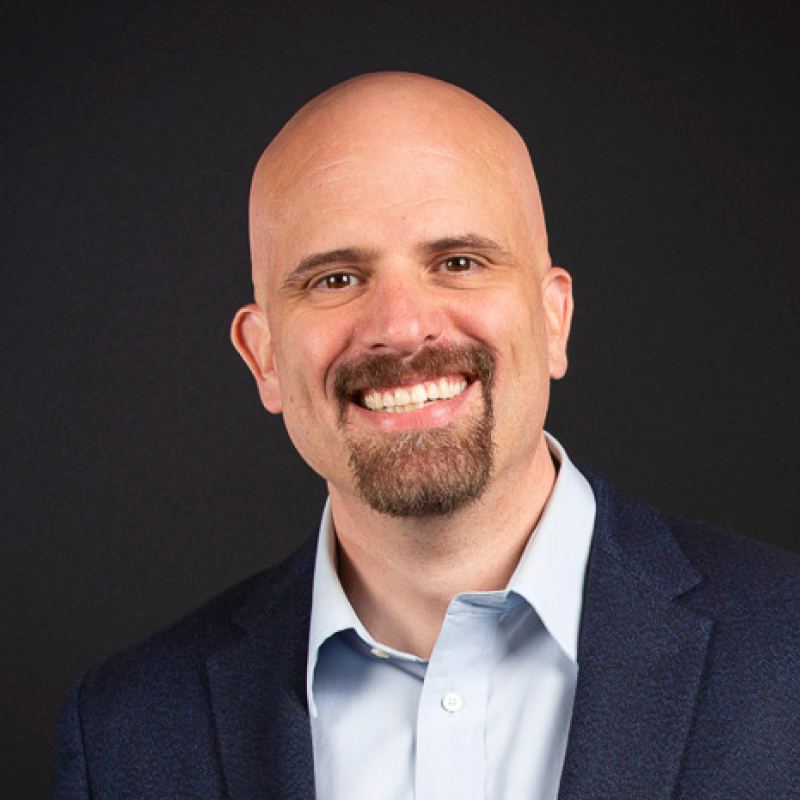ICLE scholars submit commentary on Copyright Office reform
Yesterday ICLE submitted two sets of copyright-related commentary (authored by Geoffrey Manne, Neil Turkewitz, Kristian Stout and Allen Gibby) — one to the Library of Congress offering recommendations for the expertise needed by the new Register of Copyrights, and one to the House Judiciary Committee regarding its first proposal for copyright reform.
In its Response to the Library of Congress Survey Requesting Input on Expertise Needed by the Register of Copyrights, ICLE outlined three priorities for the new Register of copyrights to ensure that the Register is able to:
- Work closely with Congress in securing necessary adaptations and/or enforcement to ensure that copyright is fit for purpose in the digital age
- Create technical working groups to develop pervasive and platform-agnostic standard technical measures;
- Implement the Copyright Office’s IT modernization plan, including making the registration and recordation process easier and more affordable.
In its Response to the First Proposal on Copyright Reform, ICLE generally agreed with the House Judiciary Committee’s conclusion that the Copyright Office and the Library of Congress must be separated:
In the current digital environment… the intersections and points of conflict between Library priorities focused on preservation and access, and Copyright Office priorities of encouraging and protecting creativity, have grown more frequent and more fundamental… It is time, or past time, to establish the proper foundations for the operation of the Copyright Office in light of its economic and cultural significance. It is also past time to rely on legacy processes and traditions that ill serve US interests in a well-functioning and modern copyright system. The proposal from the Committee will help the Copyright Office to meet its constitutional and statutory obligations, and will allow both the Library of Congress and the Copyright Office to focus on their core competencies and missions.
And, as always, ICLE advocated for more economic rigor in regulatory decision making processes:
We wholeheartedly endorse the proposal to add a Chief Economist and Chief Technologist to the Office. Everyone should welcome the addition of informed, rigorous and evidence-based decision making. Economists can help the Copyright Office by highlighting the economic consequences of various policy decisions so that potential costs and benefits are better understood. Technologists can assist policymakers in assessing the technological universe in ways that will better inform their decision-making. A sound 21st Century copyright policy is impossible without a firm and consistent grasp of both economics and technology.
The House Judiciary Committee received a number of other comments on its proposal, all of which can be seen here.






